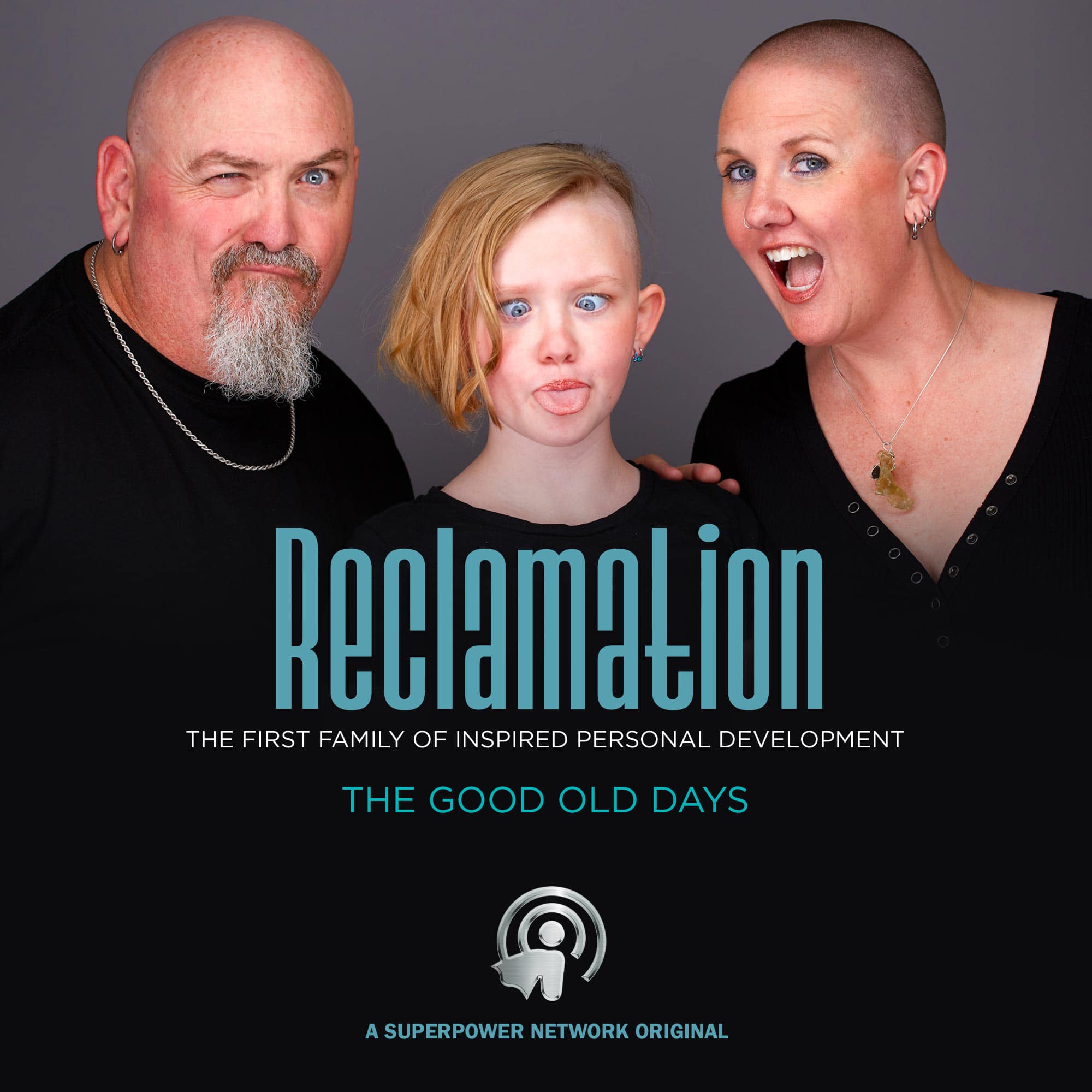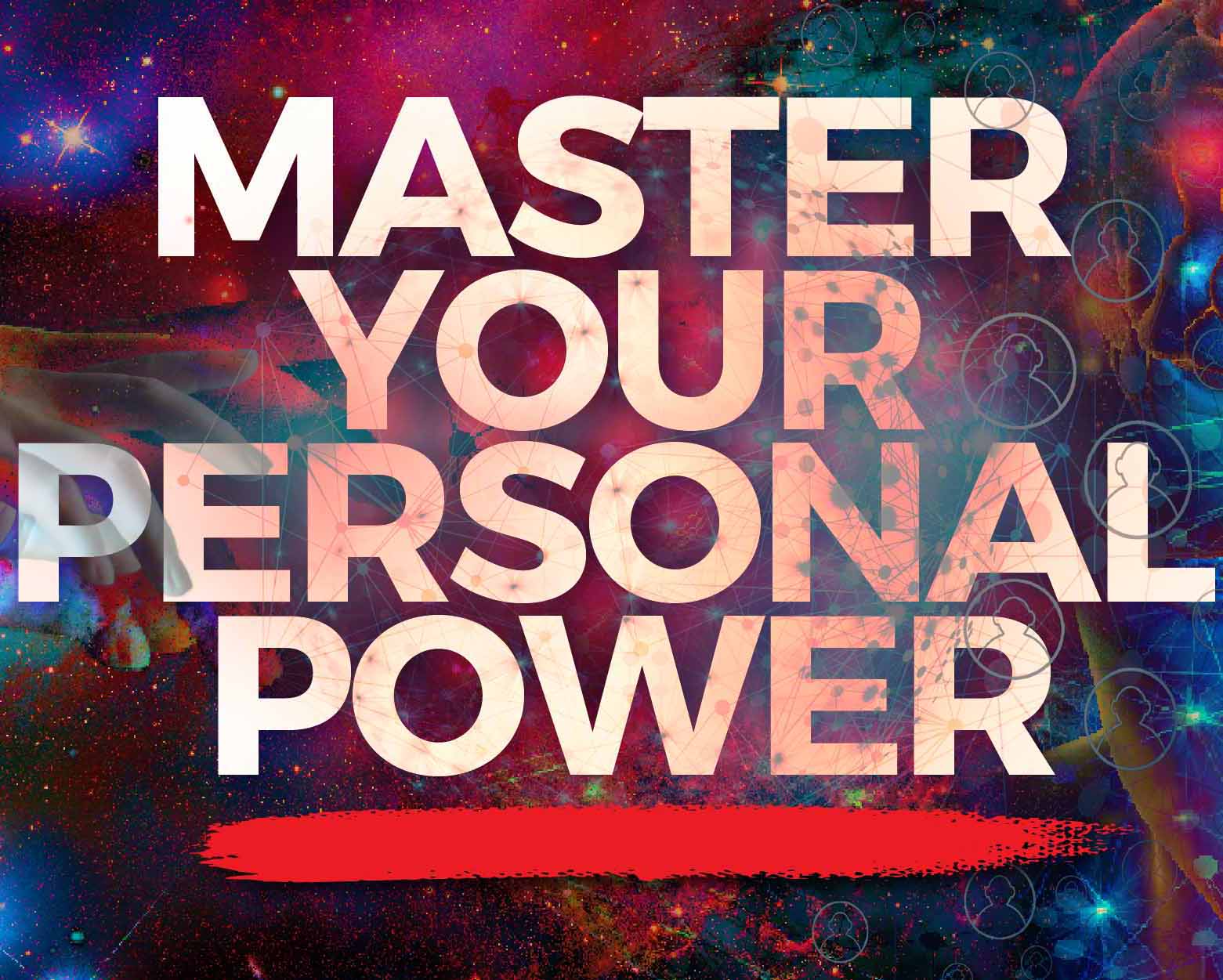
The Good Old Days
Why don’t we just go back to the good old days? In this episode of the Reclamation, it is now Justin Recla’s turn to take the conversation wheel. People nowadays prefer to change over being stuck where they are right now. Thus, Justin finds the cliche line, “can we just go back to the good old days?” very contradicting. Tune in to learn how to get over the good old days and focus on creating a better world and prosperous future for the next generation.
Justin Recla:
Welcome back to Reclamation. Yes, folks, it’s my turn. Big Daddy is behind the wheel today. Justin Recla here with my lovely spouse and wife. They’re both cracking that because I started the show like a trucker. It’s okay. It’s okay. Did it for good, buddy. Here we are. Love to all the truckers. You guys make America move your ladies. Make America move. Thank you so much for doing what you do.
Tonya Dawn Recla:
Guys and gals and days and gals.
Justin Recla:
Absolutely. Thank you for doing that. That’s a little shout-out. I don’t know what got me there. But here we are. I think because it’s today we’re talking about the good old days. And literally, been in this concept of what does that even mean? Because of what I’m seeing out on social what’s been reflected to me is I’ve never seen a generation of people. And I would say probably half the country at this point. That is got to death grip, wanting to keep things the way they were in the good old days. And it’s ironic because growing up, right, growing up, we got that from our parents, like you know, the good old days, right? The good old days, but they didn’t fight as hard they let us lead let us change the legacy evolve, right? They did. They’re like, hey, we know that there’s, what comes next might be better than what we actually had. And I look out and I see a lot of constriction about can we just go back to the good old days? Can’t we just go back to the good old days? No, folks, we can’t go back to the good old days. It’s already left. Because if we want to, if we want to remain relevant, we have to recognize that the world that we’re creating is not ours, it’s our children’s. And we have to be able to support them and what they’re creating next. Because when you’re dead, you’re not going to be here. There are going to be the ones that are creating it. And to hold on to the things that got us to where we’re at keeps us where we’re at, and we don’t evolve Tonya that’s the premise for the show. What do you see?
Tonya Dawn Recla:
Fascinating topic. I love it. And I think that what it does, is it this kind of fervor of, and it’s a reaction to uncertainty, right? What these generations are seeing now which is a little bit different than perhaps the recent memory, is we’re not really sure that what comes next is better, actually, when we’re not because we just got really like rudely shaken up, right? It’s just like that rude awakening piece of like the snowball, which is still rattling. And we’re not really sure where we’re going to end up on this one. And so, I think that always leads to the tendency of wanting to control for right wanting to circle the wagons wanting to pull back, and wanting to constrict wanting to exclude others, anything that feels like a threat. Those are very, very typical survival responses, essentially trauma. Trauma responses to the fear of death. And that’s really what we’re looking at here the way of beingness. Well, how we’ve identified feels to some like it’s dying off, or it’s being destroyed, or it’s being killed off, or whatever the case may be. And that creates real angst. And so, so it part of it is is that, for the first time, our younger generations can’t look to our adults and think that we know what we’re talking about or that we have any plan moving forward.
Justin Recla:
Oh, yeah, you’re right, because COVID showed the world, showed our younger generation that the leaders of today are just making this all up as they go along. And they have no clue as to what’s going to do. So this is great because when we get back from break, I want to dive down this with you and get your perspective of this because it’s important. And here’s what I know to be true. Is that one of the easiest ways to navigate this change that’s going on in the world right now, especially if any of it’s causing tension in your families? Right, because the goal is to get through it right. The goal is to get to the other side, the goal is to experience it to be the journey and not to lose your relationships along the way. And regardless of what that looks like regardless of what side of the fence you fall on. To sacrifice your family and your connections, and your relationships are not worth it. No, because change is going to happen and it’s happening. And the easiest and fastest way through that CEFA is because it connects you in at four different layers that we can get into it. You can come to study it you can come to get dive into the methodology, but having a CEFA practitioner in your household will keep your family together, and menses attends changes. So if you want to experience this for yourself, go to superpowerexperts.com and sign up for our next experience. Come get a taste to see for yourself. Lean into doing it. Come learn about it can be can be a practitioner, or just come join us once a month and get a recharge to remember who you are so you can carry forward in the next month. Again go to superpowerexperts.com sign up for an expert’s experience and we’ll be right back.
For the best listening experience, download the Superpower Network App
Podcast: Play in new window


